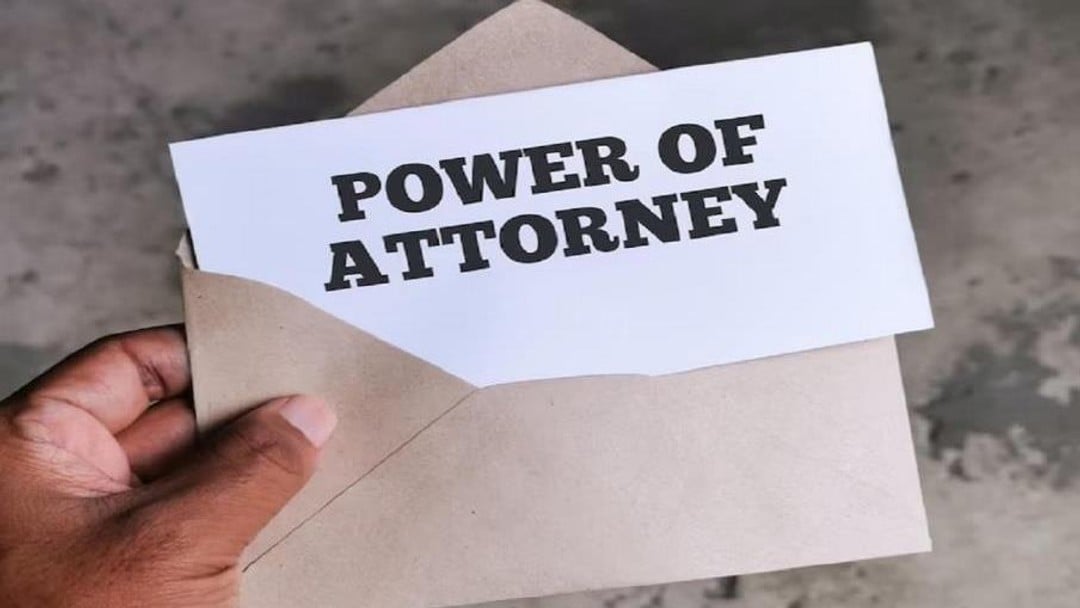Lasting powers of attorney: increasing safeguards for donors

By Ann Stanyer
Ann Stanyer reviews the impact of the Power of Attorney bill
Since the Mental Capacity Act was introduced in 2005, there have been significant changes in society, digital progress and increased awareness of the need to protect our vulnerable and elderly population. The new Power of Attorney Bill introduced in 2022 as a private members bill had its second reading in the House of Commons in December 2022. It has the support of the Ministry of Justice and if there are no obstructions to the parliamentary timetable, it will likely be approved by both houses in 2023.
Why are changes required now? The years since 2005 have seen a widespread uptake in the numbers of lasting powers of attorney registered at the Office of the Public Guardian (OPG). The OPG itself in its last annual report (2021/2022) confirmed that they now had some six million powers of attorney on the register maintained by that office. Lasting powers of attorney (LPAs) were first introduced in October 2007. Since then, the number of powers registered has grown tremendously to the point that, according to the most recent report from the Public Guardian, 975,557 applications for registration were made in just that one year.
As practitioners know, the LPA format is some 24 pages long and includes not only the power of attorney deed itself but also the application to register. The resulting 144 million pages from those six million LPAs all have to be scanned to the OPG register and or reviewed – a considerable task and one that leaves the OPG with a phenomenal paper problem. This in turn requires investment in additional staff, equipment and not least of all storage facilities.
Over the last couple of years, a few steps have been taken to ease the problems that these bulky documents cause. In 2020, the OPG introduced the 'Use my LPA' service. This makes it possible for certain financial institutions, government agencies and local authority authorities to easily obtain information about the registered LPA. It guarantees that these institutions won't need to produce any additional documents.
The Ministry of Justice conducted a consultation in 2022 and some of the recommendations that came out of that process are addressed in the provisions laid out in the bill. It will facilitate the modernisation of the LPA process in terms of both the execution and registration of an LPA. It will also enable a wider class of professionals who can certify true copies of LPAs. Additionally, it is hoped that the verification of the LPA’s parties will strengthen safeguards for donors.
Recommended reforms
The 2022 Consultation on the Modernisation of Lasting Powers of Attorney recommended the following:
That the OPG will continue to work towards covid-19 recovery and return to normal service.
That the government is committed to ensuring that a paper channel remains available for those who need it.
OPG will continue to develop and roll out its Use an LPA service.
Amendable LPAs will remain out of scope for modernising lasting powers of attorney.
At the appropriate point in development, the OPG will work with stakeholders and the public to develop the necessary guidance and information to use and understand the modernised LPA registration service.
While the government will not merge the different types of LPA, the OPG will consider how they can remove the duplication of data entry where information is repeated across both types.
They will not introduce a requirement to use a solicitor. However, they have committed themselves to continue to provide information on seeking legal advice in the LPA process as development continues.
OPG will provide more information for donors on the option of security bonds and the protection they can provide for donors as part of a modernised process.
Applications for registration
The Mental Capacity Act (MCA) will be amended to ensure that only the donor may apply for registration of the LPA. At the moment it can be either the donor or the attorneys who apply for registration. It is considered that the purpose of this is to increase a donor’s protection by requiring them to sign the application for registration and thereby consent to that registration.
The bill also allows the Public Guardian to take measures in respect of an LPA which has not yet been fully executed, by taking steps to coordinate the completion of the LPA'.
Notifications
Under this provision the applicant for registration no longer needs to notify named persons that registration is taking place. In the future, the OPG will let everyone know this is happening, including the donor and attorneys in addition to the named person. Therefore, the donor will have more safeguards that the people they want to receive noticed of the registration actually do so. It also gives control of the notification process to the OPG.
Identification of parties
The OPG will be given powers to verify the identity of all parties to the LPA. Without valid verification the LPA will not be registered. It remains to be seen how the OPG will carry out this ID checking. Regulations will be introduced as to how this works, who needs to be identified, what documents are accepted and how they will be checked. This may include not only the donor and attorneys (including replacement attorneys) but also the certificate provider. In the LPA form’s initial iteration, the certificate provider had to state their qualification for acting as the certificate provider. This requirement was subsequently removed when the forms were updated in July 2015. It is encouraging to note that there may be identity checks on such individuals in the future.
Objections to registration
There will be one in the future: the OPG. It will receive objections (both on factual grounds and on prescribed grounds) to registering LPAs. Currently, both the OPG and the Court of Protection can accept such objections, depending on the type involved. The process will become more certain and consistent as a result. The bill also expands the group of people who can object to the registration so that it will include third parties not named in the LPA.
Since it currently takes around 20 weeks to register an LPA, if there are any complaints during that time they cannot be voiced until the registration process is complete and the LPA has been registered. The proposed new system will mean that objections can be raised at any time once the donor has indicated that they intend to register an LPA. This may be either by opening an OPG account or by requesting a paper form.
Evidence of registration
An office copy of the LPA supplied from the OPG and also a paper form certified copy will continue to be good evidence of a registered LPA. However, the OPG intends to add to this by providing for an electronic form of the LPA will constitute good evidence of both the existence of the LPA and of its registration. In this context, Chartered Legal Executives will be added to the list of those who can provide those certified copies.
Going forward
The second reading of the bill in the House of Commons reminded us of the real dangers that exist with the current LPA system. They quoted a story from BBC Radio 4's You and Yours programme which reported last year on the case of Marie who was a victim of LPA fraud when someone took out an LPA in her name and attempted to sell her home.
Hopefully, the proposed changes to the verification of identity will stamp out some of this abuse and ensure that those appointed will act in the donor's best interests. It is envisaged that in the future the Public Guardian will seek to widen the protections for donors with the introduction of security bonds and some form of OPG supervision. This bill is a welcome start to this process.
Ann Stanyer is a partner at Wedlake Bell LLP wedlakebell.com

